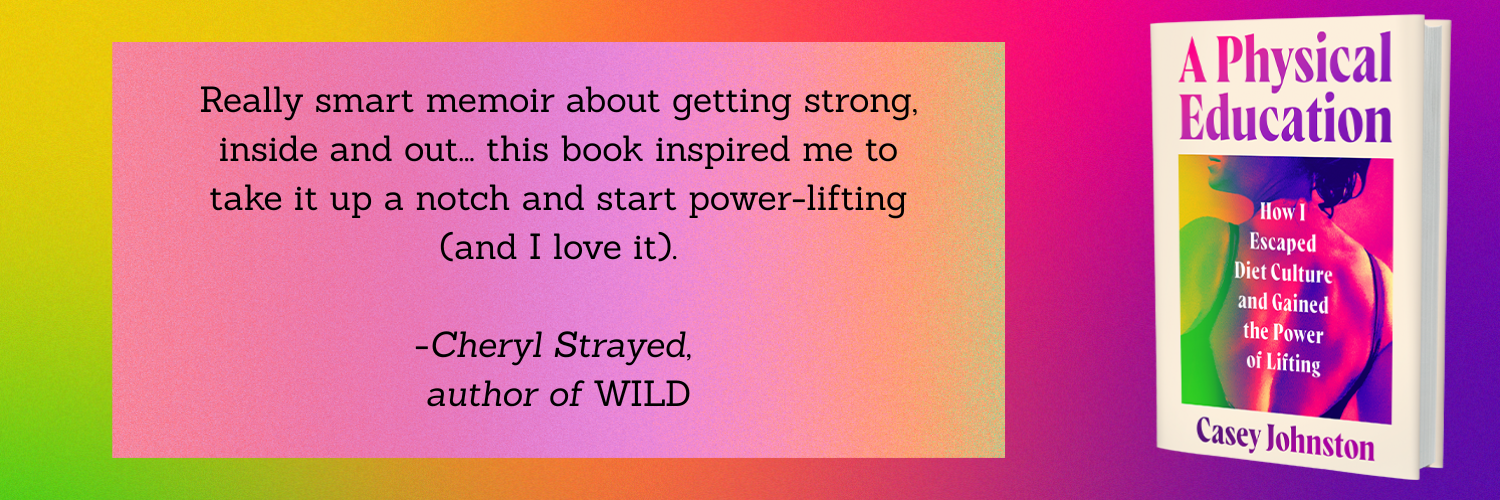a defense of 'wellness'


ASK A SWOLE WOMAN
This is the paid Sunday Ask A Swole Woman edition of She’s a Beast, a newsletter about being strong mentally/emotionally/physically.
The first time I remember reading about a version of interoception, the ability to feel one's internal biological signals, I didn't know that was what it was called. The author didn't either, because it wasn't in popular conversation yet. In Roald Dahl's The Wonderful Story of Henry Sugar, Henry Sugar learns a type of meditation, for the purpose of being able to read playing cards from the back and cheat at blackjack. Toward the end of the story, Sugar turns his new perceptive ability on himself, and sees inside of him a blood clot that is inching slowly toward his lungs that eventually kills him.
I remembered the story of Henry Sugar a few decades later when I learned the story of Serena Williams' first pregnancy and delivery in 2017. Williams could sense that something was wrong after she delivered her daughter, Olympia, by emergency C-section. She knew well her own signs of an oncoming pulmonary embolism, having dealt with them before, even though their symptoms are generic—shortness of breath, coughing—and asked her nurse to put her on a blood thinner and order a CT scan. The nurse refused. After some runaround, the medical staff relented, and a CT scan showed several small blood clots in her lungs.
The second time I remember encountering interoception, I was 13 years old and I was reading a book that asked me to do a body scan, feeling my limbs and breathing and eventually my own heartbeat. Limbs, check; breathing, check. But no matter how hard I tried to tune in, no matter how quiet the room was, I could not hear my own heartbeat. I was struck that all of this time, I should have been able to, and now had no earthly idea how I ever would.
I grew up learning that humans have five senses: taste, touch, smell, sight, sound. All of these help us process our external world, but not internal one. For that, there are three additional internal senses: vestibular (where our head is in space, a proxy for balance); proprioceptive (where our limbs, joints, and muscles are and how they are moving in relation to each other) and interoceptive (breathing, hunger, heart rate).
The last one can be the hardest to grasp, so think of it like this: If you witness a car crash, you obviously receive sight and sound signals. But your body also reacts: your heart rate quickens, your breath gets short, your muscles tense up. These are all signs of experiencing stress and/or shock, signals that our bodies can react to in any number of ways, including floods of hormones or even short-circuiting the brain so it doesn't form connections to memories like usual, as happens often during traumatic experiences.
